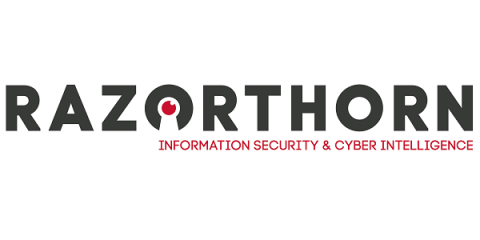Security | Threat Detection | Cyberattacks | DevSecOps | Compliance
%term
Protecting Fleet Data from Security Threats
Big data is revolutionizing fleet management — specifically in the form of telematics. From engine diagnostics that track fuel efficiency and mileage to sensors that detect aggressive driving behavior and interior vehicle activity, this information is so valuable that we’re quickly approaching the point where connected technology will come standard in every vehicle. Telematics is an operational goldmine.
Cybersecurity Hygiene Best Practices During COVID-19 and Beyond
As cybercriminals continue to use the novel coronavirus pandemic to launch cybercrime scams and cyber attacks on teleworking applications, virtual private networks (VPN), and other technologies associated with remote work, many organizations find themselves in crisis mode, as well. Your enterprise may be scrambling daily to protect your sensitive data, reduce the likelihood of data breach, and guard against malware and ransomware attacks as well as other cyber threats.
Securing Your Remote Workforce
We are entering a very different business world at the moment, one which has been thrust upon most of us far quicker than we planned for and will by all accounts last a lot longer than many of us think.
How to Protect the Future of IT
Working remotely, either from home or from elsewhere, isn’t something new. It has been used by many companies worldwide over the past decade. That said, it was typically restricted to only a couple days a month or to specific IT-savvy departments. But as we have seen throughout time, adversity and crisis lead to change and sometimes revolutions in industry, social systems, countries and/or sometimes the entire world. COVID-19 has brought about this level of change.
Climbing the Vulnerability Management Mountain: Reaching the Summit (VM Maturity Level 5)
Only the truly committed ever reach the summit of anything. This sentiment holds true for vulnerability management. An organization cannot reach the summit without a serious commitment to fund and staff the program appropriately across the organization. Reaching ML:5 means tying the program to the business. Everyone must be aligned with the metrics and be ready to find the root cause of any misses so that mitigations can be implemented to alleviate this miss in the future.
May 2020: Compliance Certification Roundup
Beginning this month, Reciprocity will highlight companies that have earned compliance certifications for information security frameworks. Here’s our May 2020 roundup of compliance news from around the United States, and around the world.
Observing a Privacy Milestone: Expert Thoughts on GDPR's 2nd Anniversary
May 25, 2020 marks the second anniversary of when the European Union’s General Data Protection Regulation (GDPR) took full effect. Undoubtedly, many organizations have succeeded in achieving compliance with the Regulation by now. But that raises some important questions. What benefits have those organizations experienced in achieving compliance, for instance? Have they encountered any drawbacks along the way?
How to choose the right compliance management software for your business
While keeping data safe from modern cyberthreats is difficult enough, you also have to keep in mind compliance with common regulations, i.e., ensuring your company’s compliance to SOX, which deals with transparency in disclosures from public companies. Nowadays, it’s not enough for businesses to rely on dismissive financial documents that satisfy the intermittent audit; you need to level up your game, and create detailed day-to-day records of activities.
Tips to Make More Impactful Decisions Related to Payments Revenue, Card Portfolio Profitability and Customer Service
Welcome to the final installment of our 3-part series featuring recommendations to help financial institutions (FIs) navigate the impact of COVID-19 on their payments business. While we have previously focused on providing tips around managing the surge in online and mobile transactions, as well as how to combat the increase in card-not-present fraud, this blog will focus on how to drive payments revenue and provide an exceptional customer experience.







